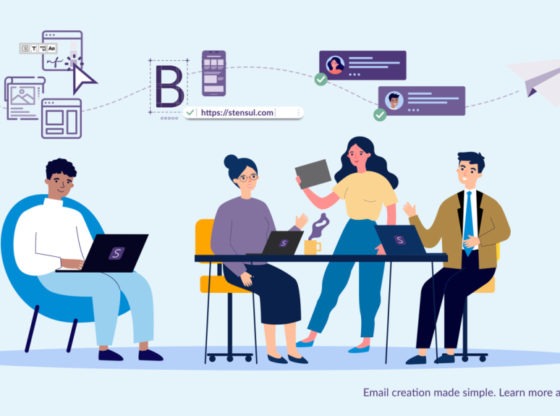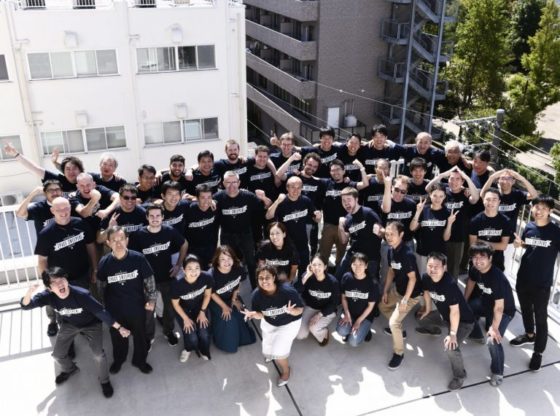Although e-commerce companies such as Amazon and Walmart have invested billions of dollars in India, offline retail still accounts for more than 95% of total sales in the world’s second largest Internet market. The giants have admitted that the country has strong neighborhood stores (moms and popular stores), and in recent quarters, they have rushed to find ways to work with them. In the past year, India’s richest man, Mukesh Ambani, has devoted himself to helping these nearby stores sell online, making this change even more interesting.

Market Opportunity
The market opportunity is still huge and many aspects of the old retail business can use certain technologies. This is the bet of WareIQ, a Bangalore-based startup supported by Y Combinator. It just raised $1.65 million in seed funding from the founders of YC, FundersClub, Pioneer Fund, Soma Capital, Emles Venture Advisors, and Flexport. The startup, which was only a year old, runs a platform that can use warehouses across the country. It has established a management system for these warehouses, most of which are mainly engaged in offline business-to-business trade, and there was almost no e-commerce before.
Harsh Vaidya, co-founder and CEO of WareIQ, said in an interview with TechCrunch: “We connect these warehouses across India to our platform and use their infrastructure for e-commerce order processing.” WareIQ is free for anyone, without charging any fees, and can reduce the number of orders processed. He said that the startup is working with more than 40 fulfillment centers today and plans to deploy new funds to expand its network to Tier 2 and Tier 3 cities. It is also hiring many technical positions.

Who are these companies?
Third-party sellers (some of them sell to Amazon and Flipkart and use WareIQ to speed up delivery), e-commerce companies, social commerce platforms, and neighborhood stores and social media influencers. For example, any online store can send its products to WareIQ, and the company has integrated with several popular e-commerce platforms and markets. Vaidya explained that it works with courier partners to move items from one warehouse to another to provide the fastest delivery speed.
WareIQ’s integrated infrastructure also allows online sellers to build their own stores and interact directly with customers, saving them the fees they should have paid Amazon and other well-known e-commerce companies.
“The seller could not complete this operation on their own before, because it requires the seller to directly talk to the warehousing company that maintains their own fixed contract and high security deposit, and they still need to cooperate with multiple technology providers to complete the technology-stack,” he said . WareIQ also provides these sellers with last mile delivery, cash collection and fraud detection and many other services.
“In a sense, we are building an open source Amazon fulfillment service. Any seller can send goods to any of our warehouses and fulfill their Amazon orders, Myntra orders, Flipkart orders or their own website orders. We Also comply with the standards of these separate markets, so our sellers get the Prime label on Amazon.” He said.










